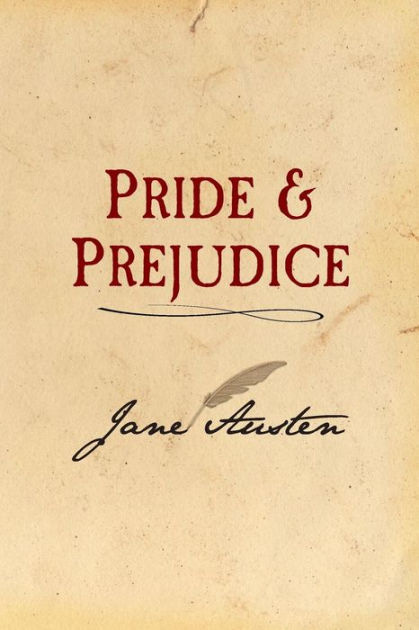Coming Soon: The Cardinal Virtues in Pride and Prejudice
Jane Austen: Come for the wit. Stay for the wisdom.
This spring, I will be sharing four articles on finding the four cardinal virtues--temperance, fortitude, prudence, and justice--in Jane Austen's Pride and Prejudice.
A protagonist is a main character, but a heroine is an excellent character. The well-written ones do not float around exuding an air of, "Oh, what a very temperate, wise, courageous, and just person I am!" Instead, their actions demonstrate virtue, or at least the pursuit of and growth toward excellence.
Virtue has often been squashed flat into one-dimensional qualities or squeezed into a rigid Victorian corset. But virtue, as it was understood by most writers until fairly recently, was more like a song than a sermon. Virtue means harmony, strength, and beauty.
Virtue is excellence at being human. Every individual has natural abilities and faculties. Virtue is perfecting them.
Put another way, a virtue is a moral habit that we have practiced often enough that it becomes a part of our character. Like an athlete whose muscles remember the sequence of a move, our actions become automatic if we practice a virtue well enough.
The Cardinal Virtues
The cardinal virtues first appear in Plato, but Aristotle, Augustine, Thomas Aquinas, and others have continued to use this basic framework.
The four cardinal virtues are how virtue manifests itself in the different part of the soul. Cheryl Lowe writes of Plato's framework,
"Temperance is the virtue of the appetites;
fortitude is the virtue that strengthens the will (the heart);
and prudence or wisdom is the virtue of the intellect.
And the fourth virtue, justice, is the right ordering of the other three. Justice is the harmony of the soul, where the intellect guides the will, and the will guides the appetites."
Augustine added that the greatest virtue, love, is present in each cardinal virtue. You cannot love without being just; you cannot be just without loving, and so on:
"Temperance is love giving itself entirely to that which is loved;
fortitude is love readily bearing all things for the sake of the loved object;
justice is love serving only the loved object, and therefore ruling rightly;
prudence is love distinguishing with sagacity between what hinders it and what helps it."
Every virtue should be practiced internally and externally - we should be trying to make the world and ourselves more just, prudent, temperate, and valorous. Without the internal and external drive, these virtues become flaccid or hypocritical. You have to get your own house in order, but you should not stop there.
We are only satisfied with Austen's endings because we are confident that her heroines are capable of preserving their happiness and the happiness of those around them. The secret to this talent is virtue.
Governing one's emotions is temperate. Seeking the truth is prudent. Enduring insult is courageous. Defending the good is just.
Even in the drawing room.
Jane Austen has ballrooms instead of battlefields and quiet tête-à-têtes instead of soaring speeches, but the narrowness of her heroines' lives does not limit their excellence. This is probably why her books still speak to readers (and Mr. Darcy being Mr. Darcy, naturally). For most of us, even if we are happy and successful, life affords few opportunities for those grandiose acts of virtue that amaze the world.
It's the subtle, non-self-aggrandizing virtues of Jane Austen's characters that sweep me away when I read her.
Using just Pride and Prejudice as an example:
It's Mrs. Gardiner's joyful Temperance, expressed in her sense of fun and her reliability, which makes her a pleasant traveling companion and a discreet confidante.
It's Mr. Darcy's dauntless Fortitude that makes him pursue Elizabeth, endure insult, protect his sister, and help the Bennets. He doesn't need external rewards to do the right thing - but aren't we happy that he gets them, anyway?
It's Jane Bennet's magnanimous Prudence that sees many characters more accurately than even clever Elizabeth. Her judgment errs in giving people the benefit of the doubt, never in hating them without cause.
Finally, it's Elizabeth Bennet's desire for Justice in herself and others that makes her pursue the truth so relentlessly, even if her wounded pride and flattered vanity at first lead her astray.
Look for these essays over the next few months.






Oh man, the character pairings with the virtues at end?? Cannot wait to read this, especially on Lizzie and Justice. And great thoughts on the nature of virtue just in this intro!
Good points. I think Correct Sentiment is a persistent concern in Austen's books, and it's a virtue I admire.